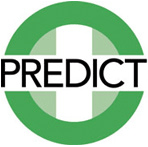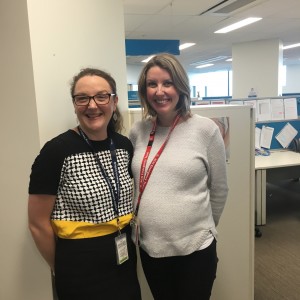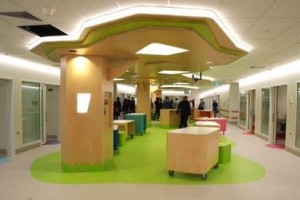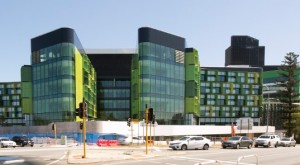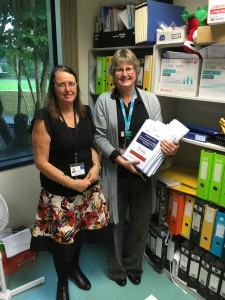This is a face to face meeting for members of the PREDICT network (Paediatric Research in Emergency Departments International Collaborative) and invited guests.
Date & Time
Monday 5/12/16 (9.30am-5.00pm)
Tuesday 6/12/16 (8.30am-4.00pm)
Where
Vernon Collins Theatre, Room 1.050, Health Education and Learning Precinct (HELP), Level 1, Royal Children’s Hospital, 50 Flemington Road, Melbourne. See Map attached.
PREDICT Dinner
A PREDICT dinner will be held on 5/12/16 and we encourage you to attend. Please indicate if you will be attending the dinner via Trybooking (see “Registration” for details). Restaurant details to be advised.
Who can attend?
All PREDICT members and associated guests are welcome to attend.
Agenda
Agenda to be finalised.
Registration
Attendance is free but members must register for the event and dinner using Trybooking at: https://www.trybooking.com/212318
Costs
PREDICT will cover the expenses (accommodation and airfare) for one member from each organisation involved in PREDICT research to attend. Additional members attending from the same site will be required to cover expenses using alternative funding sources. (Please note: incidentals such as taxi fares, airport parking fees, meals etc. WILL NOT be covered).
Accommodation
Rooms have been reserved at a corporate rate at The Larwill Hotel, which is very conveniently located next door to the hospital. If you would like to book a room at The Larwill, please email Marian.Chandler@mcri.edu.au with your name, mobile number and IN/OUT dates. Please DO NOT contact the hotel yourself. If you wish to book via Marian at the corporate rate you must email your request NO LATER than FRIDAY 11TH NOVEMBER 2016. After this date the rooms will be released and pricing and availability will no longer be guaranteed.
Alternatively, you may also book accommodation elsewhere yourself and be reimbursed at a maximum limit of $200 per night for the room rate. It is expected that most members will require a two night stay. If you require additional nights, please contact Marian to obtain authorisation if you require reimbursement. Any additional costs incurred such as meals or mini bar are to be paid on checkout by the individual.
Flights
Corporate Traveller, the MCRI official booking agent will handle flight bookings if we are funding your attendance. Please complete the travel authorisation form making sure to enter flight numbers and/or clear instructions of departure times required. Email the completed form to Marian.Chandler@mcri.edu.au and Marian will forward your request to the booking agent. You will receive booking confirmation directly from Corporate Traveller. If you have to change your booking, please DO NOT contact Corporate Traveller directly but email or phone Marian to obtain authorisation. You may also book your own flights and request a reimbursement if you prefer.
Reimbursement
If PREDICT is funding your attendance, accommodation and flights can be charged directly to PREDICT as outlined above. If you do your own bookings and require reimbursement, please complete a Reimbursement form 2016-6-03 and ensure ORIGINAL receipts are attached. Photocopies will not be accepted.
Questions?
Please contact marian.chandler@mcri.edu.au on telephone 03 9936 6049.

